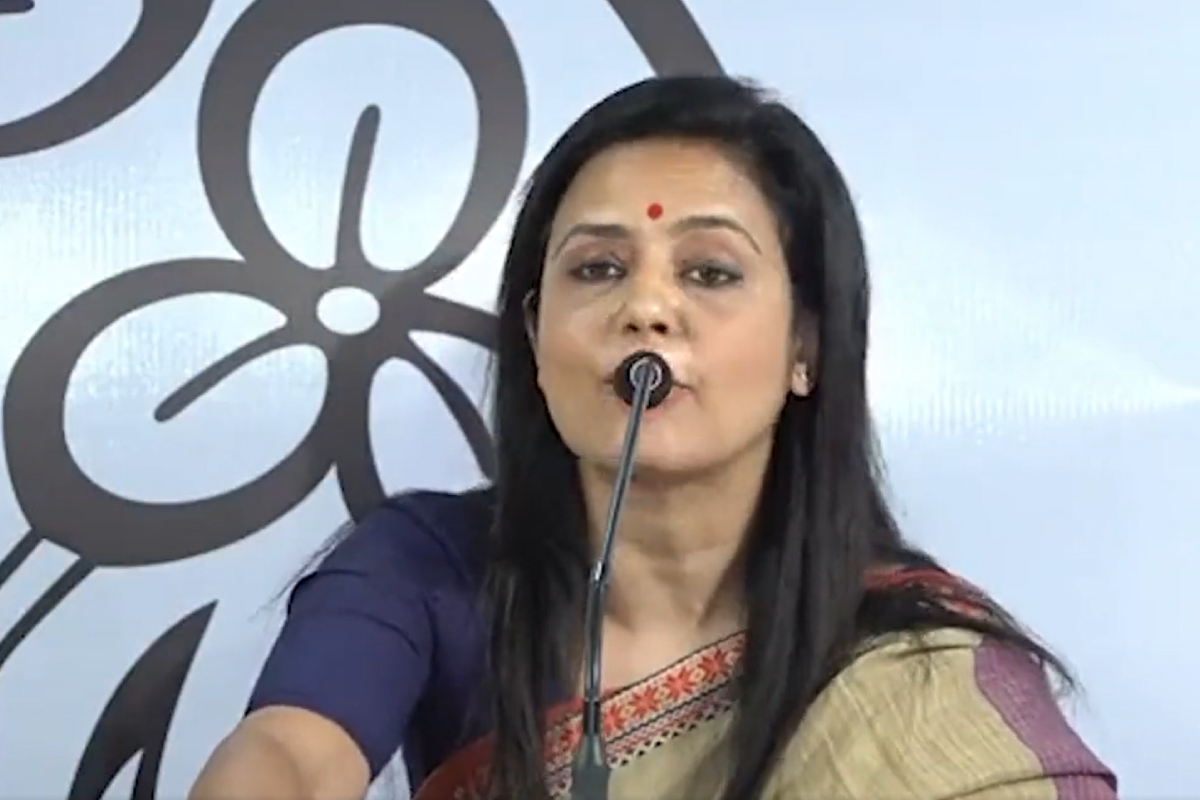The ruling Trinamool Congress (TMC) trained its guns on the central government as it launched a scathing attack on Union Home minister Amit Shah ahead of his visit to the state on Friday, April 13.
Leading from the front, TMC MP Mohua Moitra questioned, “From blocking Bengal’s funds to planning and executing violence by your leaders, why is your party taking revenge on the people of Bengal?”
HM Shah will be visiting the state on April 14 and 15. During his two-day visit, he will address a public rally in Birbhum, hold organisation meetings and visit Dakshineswar Temple on Bengali New Year (April 15).
Launching a direct attack on the Leader of Opposition in the West Bengal assembly and BJP leader Suvendu Adhikari, Moitra said, “When this person was in Trinamool, he was attacked by the BJP and was labelled as a beacon of corruption. But the minute he switched to BJP, he was whitewashed using BJP’s super-effective washing machine.”
On the issue of MGNREGA, Moitra points out, “In 2017, a case was filed in the Supreme Court by the Swaraj Abhiyan. Two strong orders by the Apex Court clearly state that non-payment of wages to MGNREGA workers amounts to forced labour and is in violation of Article 23 of the Constitution.”
“This shows that what is happening in Bengal is a clear violation of Article 23 of the Constitution. Trinamool Congress will not let this go,” she said.
“As many as 151 Central teams have been sent to Bengal in the past two years. The state government has submitted Action Taken Reports, yet the allocation for 2023-24 stands at zero,” Moitra said.
Referring to the recent incidents of violence during Ram Navami, Moitra said, “Several pictures of Sumit Shaw (one of the accused arrested in Howrah violence) have emerged showing him with local BJP leaders. Does the Home Minister endorse this?”
Shah’s visit, following the attack on Ram Navami processions in the Howrah and Hooghly districts of the state, holds significance as the political battle between the TMC and BJP becomes intense ahead of the panchayat election in the state.

